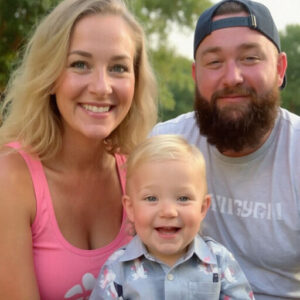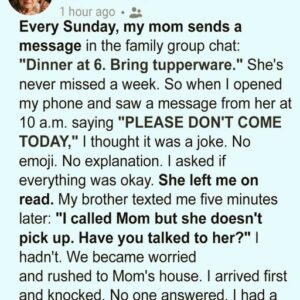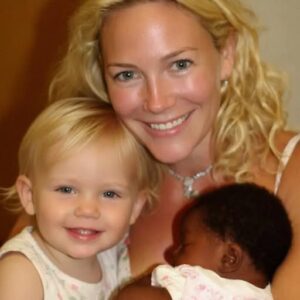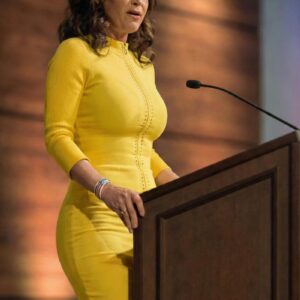There is absolutely no medical reason to doubt your child’s parentage.
Down syndrome is a genetic condition that can occur in any family.”
Her voice was calm, kind, and steady—exactly what
I needed when everything inside me felt like a storm.
She told me that my son was stable, breathing well, and already showing signs of strength.
In that moment, for the first time since giving birth, I felt something powerful: hope.
Not fear. Not shame. Just a quiet understanding that my child was still my child, and he deserved love—not suspicion.
When my husband eventually returned, the results confirmed what the doctor had already explained: he was the father.
His shoulders dropped, as if a weight had been lifted, but something in me didn’t soften.
I realized it wasn’t the test that bothered me—it was the fact that his first instinct was to blame instead of support
. I looked at our baby’s tiny hand wrapped around my finger and understood that parenthood isn’t about perfection; it’s about showing up with compassion, even when life looks different from what you expected.
In the days that followed, I held my son as nurses taught me how to care for him, what to expect,
and what strengths children with Down syndrome often bring into the world.
The more I learned, the more my heart opened. I found myself smiling at his peaceful expression,
at the way he calmed when he heard my voice, at the gentle warmth of his presence.
He wasn’t a mistake or a burden—he was simply a child who needed patient, steady love.
My husband apologized, saying fear had clouded his judgment. Maybe it had.
But I also understood something deeper: this child had already changed me.
He taught me to stand up for love even when others wavered.
As I rocked him in my arms, I whispered a promise—to give him a life filled with kindness,
to celebrate every milestone, and to never let anyone make him feel less than whole. In that quiet hospital room, I realized we hadn’t been given a challenge. We’d been given a gift.




